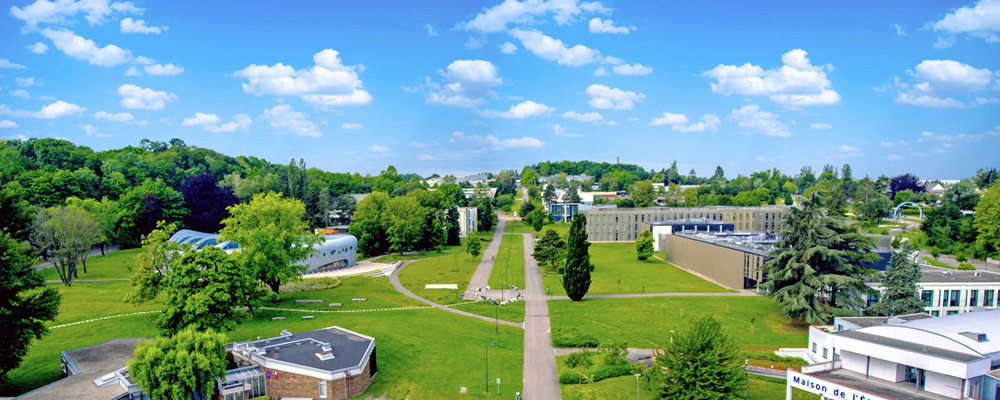Accueil » WP3: Energy savings and compensatory consumption

The aim of WP3 “Energy savings and compensatory consumption” is to identify compensatory consumption strategies used by consumers in response to energy sobriety measures, and to recommend ways to communicate or support energy self-consumption schemes in order to limit the consumption rebound they may encourage. This is a societal WP that includes a series of surveys among French and German consumers, with the aim of providing recommendations for the implementation of energy self-consumption schemes among consumers in the Upper Rhine region.
In the field of responsible consumption, consumer efforts to reduce consumption are difficult to sustain over time and may paradoxically be followed by an increase in consumption, known as compensatory consumption. Compensatory consumption occurs in the same category of products or resources as those originally consumed, but also in other categories. On a psychological level, compensatory consumption acts as a repair function for the efforts made. These rebound effects are all the more intense when consumers feel vulnerable or have been forced to change their consumption patterns. As recent European household confidence surveys show, European consumers feel more vulnerable due to a context of crisis and price inflation, but also due to a deeper socio-economic transformation linked to the ecological transition. In the energy sector, rebound effects are particularly common when households take advantage of innovative measures to improve their energy efficiency. Consequently, one of the risks of introducing self-consumption schemes in a context of increased consumer vulnerability is to encourage rebound effects in energy consumption, but also in responsible consumption as a whole.
Against this background, the aim of this WP is, first, to document the forms of compensatory consumption that consumers implement in the context of the energy sobriety plans proposed by public actors in the Upper Rhine region. This will allow us to identify typologies of consumers in this field. Secondly, this WP will examine the strategies and modes of communication that public authorities or other actors, such as brands, should adopt in order to limit or redirect compensatory behavior in a direction more favorable to household autonomy and energy sobriety. These recommendations will be useful for the promotion and implementation of self-consumption schemes.
The WP is divided into two phases, each of which will be carried out thanks to the expertise of social scientists from the University of Haute-Alsace (CREGO laboratory), the Chair of Public and Non-Profit Management at the University of Freiburg, and the Franco-German Institute for Environmental Research at KIT. The first phase aims to document the phenomenon of compensatory consumption as a result of energy saving plans promoted by public authorities. Three studies are planned by the end of 2024. A documentary study will compare energy efficiency plans in Germany and France. It will identify similarities and differences in the content of energy saving programs and in the communication methods used to reach households. A systematic literature review will be conducted on psychological compensation mechanisms and their trigger-ing factors. This will help to identify options for public authorities to better regulate these coping mechanisms. Finally, a qualitative survey based on about forty exploratory face-to-face inter-views with households in the French region of Grand-Est will be conducted to understand: a) how energy transition efforts are perceived depending on the household’s vulnerability, and b) what coping mechanisms these efforts have generated.
The second phase aims to quantify and model compensatory consumption mechanisms related to energy sobriety. A large panel of French and German consumers will provide a quantitative estimate of the types of compensatory consumption behavior and their main determinants. Ex-perimental models will then be used to test the effectiveness of specific aspects of energy con-servation policies, including energy conservation programs and communication methods, in min-imizing rebound effects.
WP3 will provide input to WP5, which will work in synergy with citizens and urban stakeholders to propose an energy planning tool. Indeed, it is essential that the designers of the tool avoid communication methods or highlighting contexts of energy resource use that could encourage compensatory consumption phenomena.
In Western countries, energy rebound effects on the order of at least 20% are observed after improving household energy efficiency.

Université de Haute-Alsace
2 Rue des Frères Lumière,
68100 Mulhouse
Copyright © 2024-2025 IRIMAS Institute | Université de Haute-Alsace